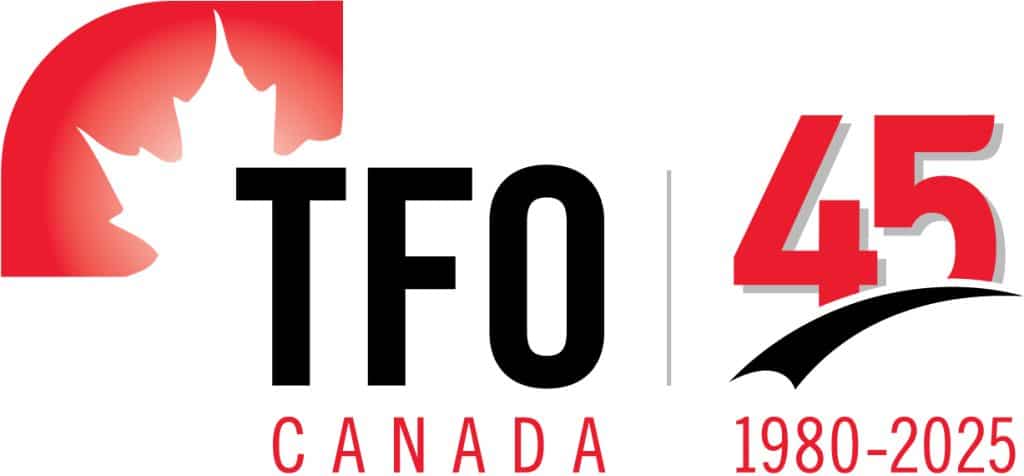Despite rising grocery prices, consumers are still budgeting for snacks: Report
“Daily snacking remains a key aspect of consumers’ eating habits, with more than half of people replacing meals with snacks across the three standard mealtimes according to Mondelez International’s fourth annual State of Snacking report.
Indulgence is a key motivator behind snacking occasions, with more than three-quarters of respondents saying it is “more important than ever” for them to have moments of indulgence throughout the day.
Snacks play a variety of roles in consumers’ lives, with 78% saying they are a way to pamper or reward themselves, and 77% saying they provide a sense of comfort. Both of those numbers surge to 85% among millennials.
Not surprisingly, chocolate is among the most beloved snack foods, with 65% of respondents saying it is a staple in their diet, and that they rely on it to meet a flavour need difficult to obtain from other foods. The percentage of respondents who said they eat chocolate weekly rose to 61% in the most recent study, up from 56% in 2019. Chocolate also plays a unique role in the consumer mindset, with 84% of respondents agreeing that it is “good for the soul.”
While the vast majority of consumers (90%) are paying attention to rising grocery prices, 75% indicated that they always find room in their budget for snacks, a number that rises to 80% among millennials.
But the impact of rising grocery prices is not going unnoticed, with 89% of consumers indicating that they are concerned about inflation, and 82% saying they are more budget-conscious than they were the year prior, rising to 87% among moms.
Consumers are also actively seeking out ways to combat rising prices, with more than two-thirds of respondents (67%) saying they would be more receptive to using coupons when shopping for snacks than they were the prior year, rising to 75% among Gen Z respondents and 74% among millennials.
Seventy-one per cent of respondents said that they snack at least twice a day, while 55% said that they make a meal out of snacks at least once a week – rising to 64% among respondents in Asia-Pacific – consuming many small plates rather than a single entrée.
The study noted a 42% increase in snacking between 6 a.m. and 10 a.m., and a 22% increase in afternoon snacking. It also documented a “significant increase” in people skipping a main meal, with 40% of respondents saying they skipped at least one main meal the prior day, compared to 30% in 2013.
Breakfast was the most commonly skipped meal, with the study indicating that convenience is a key motivator for their behaviour. Two-thirds of respondents (65%) indicated that it’s easier to grab a quick snack rather than a full meal in the morning.
So-called “snack love” is also deeply entrenched behaviour, with 61% of respondents indicating that they will go out of their way to find a favourite snack, and 63% saying they would pay extra to bring back a childhood favourite (a number that rises to 73% among millennials).
More than half of respondents (56%) said they have stood or would be willing to stand in line for a limited- or special-edition of a favourite snack, rising to 70% among gen Z and millennial respondents.
Consumers are also increasingly attuned to the environmental impact of their snack choices, with two-thirds saying they are actively looking for items that minimize their impact, rising to 72% among millennials and Gen Z. Seventy per cent of respondents indicated that plant-based snacks are better for the planet, rising to 80% in Asia-Pacific and 78% in Latin America.
The study findings are based on an online survey of 3,500 adults in 12 countries – including 250 people from Canada – conducted between September and October of 2022.”
*This article is excerpted from Canadiangrocer.com website, published 26th January 2023
